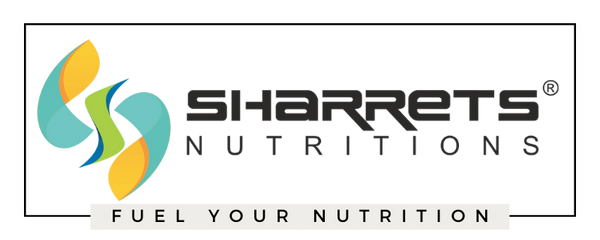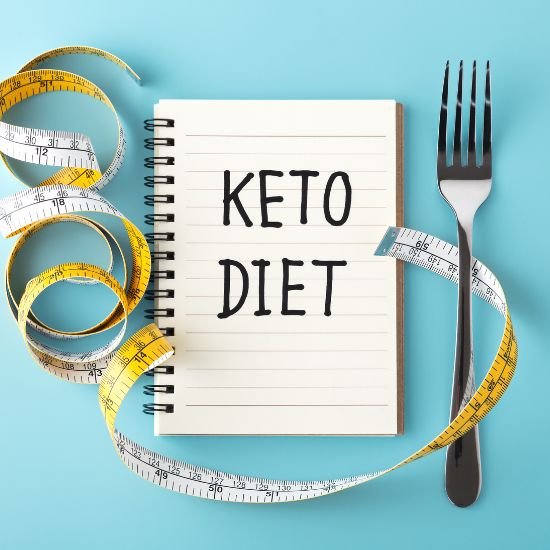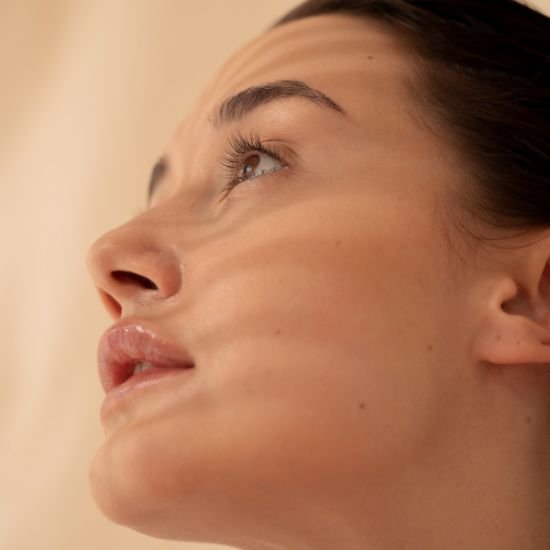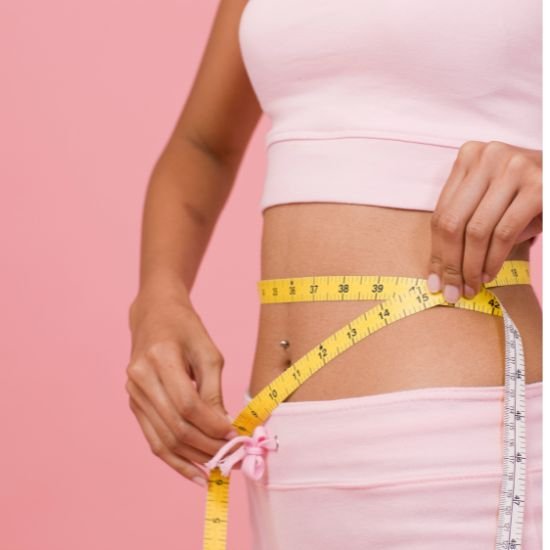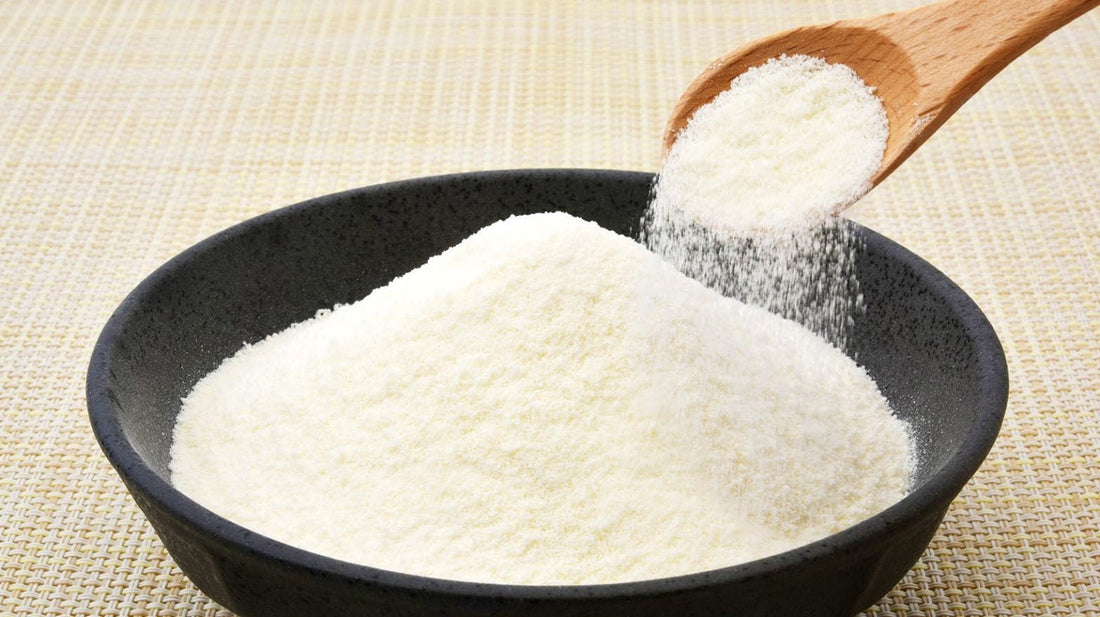
What is Collagen Made up of and What are best Collagen Types & Sources ?
Share
What is Collagen made up of ? A Closer look at the Types & Sources of Collagen , Collagen Peptides , Side effects of Collagen & How to add Collagen to your diet ?
As stated in the Journal of Supramolecular Structure, For starters, procollagen is the “soluble precursor of collagen formed by fibroblasts & other cells in the process of collagen production.”
- Collagen in most tissues of higher & lower animals takes the form of a rope with a high degree of order. Like a rope, which has several levels of coiling, the collagen fibril has 4 structural levels of which at least 3 are coils. The polypeptide chain, the molecule, and the microfibril are helical structures ; the fibril may consist of parallel or perhaps coiled microfibrils.
Further, as per the Wellcome Trust Centre for Cell-Matrix Research at the University of Manchester, “Collagen is most bountiful in animal tissues as very long fibrils with a characteristic axial periodic structure.” Collagen fibrils are what allow the shape of tissues to be defined and maintained. Is what this so-called “microfibrillar structure” makes up collagen.
[ https://www.ncbi.nlm.nih.gov/pmc/articles/PMC1217307/]
A little known fact is that there are at least Sixteen different types of collagen within the human body. These include collagen types I, II , III , IV , V and X . However, the vast majority of the collagen — between 80 - 90 % — consists of types I, II, and III.
Type I collagen specifically accounts for almost 90% of the body’s supply according to some findings. There are also different types of collagen found in certain foods or used to create collagen supplements and products . [https://www.ncbi.nlm.nih.gov/books/NBK21582/]
What are the best collagen types ?
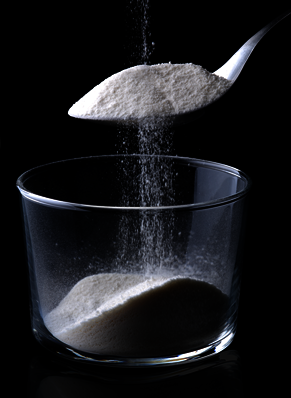
Below is an overview of the different types of collagen, it’s sources and their primary benefits so you can determine what collagen type is the best :
- Type I Collagen : This Collagen is by far the most bountiful , and almost considered to be the strongest, type of collagen found in the human body. This Collagen is made up of eosinophilic fibers that form parts of the body, including ligaments , tendons, skin (dermis) and organs . Collagen Type I also helps form bones and can be found within the Gastrointestinal tract. This Type I collagen is very important for wound healing, giving skin its stretchy & elastic quality, and holding together tissue so it doesn’t tear.
- Type II Collagen : This Collagen primarily helps build cartilage, found in connective tissues. The health of our joints relies on cartilage made of type II collagen, that is why it is beneficial for preventing age-associated joint pain or various arthritis symptoms.
- Type III Collagen : This collagen is made of reticular fibers & a major component of the extracellular matrix that makes up our Skin and organs . This Type III Collagen is usually found with type I and helps give skin its firmness and elasticity.This Collagen also forms blood vessels and tissue within the heart. For these reasons, deficiency in type III collagen has been linked to a higher risk for ruptured blood vessels & even early death, according to results from certain animal studies.
- Type IV Collagen : Type IV Collagen has the important role of forming basal lamina, which is found in endothelial cells that form tissue that surround muscles , fat & organs.Basal lamina are needed for various blood vessel and nerve functions. They line the majority of our respiratory surfaces and digestive organs . Basal lamina can be found in the spaces between the top layer of tissue / skin and the deepest layer. They are a thin layer of gel-like fluid that provides padding / cushion for the tissue above it.[ https://study.com/academy/lesson/basal-lamina-definition-function.html]
- Type V Collagen : This type V Collagen is needed to make the surface of cells, as well as hair strands & tissue found in women’s placentas .(placenta is the organ that develops in the uterus during pregnancy, provides oxygen (O2) and nutrients to the growing baby, and removes waste) . [https://www.nhs.uk/common-health-questions/pregnancy/what-is-the-placenta/]
- Type X Collagen : Type X Collagen helps with new bone formation and forming articular cartilage. This Collagen is involved in the process of endochondral ossification ( During fetal development , Endochondral ossification is one of the two essential processes ) , which is how bone tissue is created in mammals. It has been found to be beneficial for repairing of synovial joints and bone fracture healing .
A Closer Look at Collagen Sources :
When it comes to Collagen sources we get from our diets, the main ones are foods which are very high in protein , Chicken, fish and egg shell membranes. Here is a bit about how these collagen differ and benefit us :
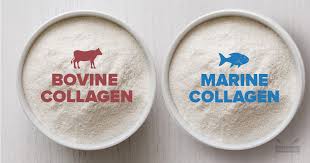
- Bovine Collagen: Bovine collagen comes from animals, specifically from their , bones , muscles and skin . It is made of mostly types I & III collagen, which is a good fit considering these are the most abundant types created and found in the human body. It is a rich supply of Proline & Glycine , and therefore useful for production of creatine , building muscle & also helping the body to make its own collagen.
- Chicken collagen: The type II collagen is most abundant in chicken collagen is , which is best for building cartilage. This makes it beneficial for joint health, especially since this Collagen source also provides Chondroitin & Glucosamine Sulfates — both of which have anti-aging effects. Most dietary supplements containing collagen usually use Chicken collagen and provide type II .
- Fish collagen : The Type I is most abundant in this Collagen and it is derived from fish , has been found to be easily absorbed , with the amino acids Proline , Glycine and hydroxyproline. Because type I can be found throughout the entire body, incorporating more fish collagen has been associated with benefits for the skin , joints, bones , blood vessels , vital organs, and digestion . Hydroxyproline(Amino acid) is an important component of the collagen triple helix, and lower levels have been associated with joint degradation & therefore symptoms of aging. Hydroxyproline , amino acid is needed for collagen stability and is created by modifying normal proline amino acids after the collagen chain is built. This reaction also requires Vitamin C (to assist in the addition of oxygen), that is why deficiency of Vitamin C can cause abnormalities in collagen levels.
- Egg shell membrane collagen : Egg collagen ,found in the shells and whites of eggs, contains mostly type I collagen. It also has type II , III & X , but by far the most type I , just like the human body (appro. 100 times more type I collagen than IV ). It provides Glucosamine & chondroitin sulfates , hyaluronic acid and various amino acids that have benefits for building connective tissue, wound healing, building muscle mass and reducing stiffness or pain .
What Are Collagen Peptides?
Meanwhile, there has been a lot of hype about collagen peptides in the health & fitness circuit lately, and for good reason. Collagen peptides contain the same exact set of amino acids & nutrients as compared to Collagen, but have undergone a process called hydrolysis to break them down into shorter chains of proteins.
Not only can these Collagen Peptides (hydrolyzed collagen) be dissolved in both Cold or hot water, but they are also much easier for your stomach to break down & digest. Collagen Peptides also has a high bioavailability and can be absorbed into the bloodstream more readily than regular collagen protein, giving you more bang for your buck when it comes to nutrition.
Best of all, it boasts the same set of Hydrolyzed collagen / collagen peptides benefits as collagen protein, meaning it can help improve hair and skin , relieve joint pain and optimize your gut health .
So, do we necessarily need Collagen supplements to make sure we are getting enough collagen in our food ? In other words, do collagen supplements actually work ?
The answer to the above questions is of course yes.
Because of Collagen Peptides shorter chain length, versatility & high bio- availability, they are a great option if you are looking to start supplementing with collagen in your diet.
Look for terms like “Collagen hydrolysate ,” “Collagen Peptides ” or “ Hydrolyzed collagen” on the supplement’s ingredient label to ensure you are getting the real deal.
How to Add Collagen to Your Diet ?
The best ways to incorporate more collagen include:
- Drinking real bone broth.
- Using Bone broth protein powder in recipes. You can consume bone broth on its own or use it in all sorts of savory and sweet recipes depending on the type of product.
- Taking collagen supplements. A collagen supplement can be found typically as collagen hydrolysate , which helps form new collagen — these may take the form of collagen protein powder . When you Collagen peptides , hydrolyze collagen become bioavailable.
- And lastly, consuming a well-rounded diet that helps increase absorption of the collagen peptide you eat.
Collagen supplements, like collagen protein powder, are easy way to increase your collagen intake. Collagen supplements can be added into soups , smoothies, or even into baked goods to provide collagen’s healthy benefits without adding any taste to your favorite meals.
Side Effects of Collagen ?
Fortunately, any negative collagen side effects are rare. Most people who experience negative side effects from collagen either went over recommended Usages or have pre-existing allergies with Collagen . Check the Collagen sources on the dietary supplement Container . If you are allergic to fish & fish collagen is used in the product, then obviously avoid.
If the supplement only lists the collagen types, then it is important to know that type II collagen is usually Chicken, while types I & III can be bovine, fish or egg whites. If you are allergic is any of those proteins, then steer clear.
Not really a side effect of collagen powder , but one complaint some users register may be a bad aftertaste from the powder or pills. This bad taste will go away in a few minutes, but it can usually be avoided altogether by taking the powder in a smoothie, for example.
Final Thoughts on benefits of Collagen
- There are many factors that support the formation and use of collagen in the body — such as Vitamin C, Manganese, Copper, Proline & foods high in anthocyanidins (such as cherries , blueberries and blackberries).
- In order for collagen to be activated in the body, you always want to take your collagen supplements (such as CPH+ or Biocolla ) with a source of amino acids and L ascorbic acid (vitamin C) if possible, or make sure that your dietary supplement already includes these activating nutrients to ensure absorption and usefulness.
- Make sure to opt for Collagen Hydrolysate or hydrolyzed collagen products like collagen peptides to optimize the bioavailability and digestion of your supplement.
- Keep in mind that while many Cosmetic products like creams & Powders claim to revitalize skin by adding collagen, the molecules in these topical products are usually too large for your skin to actually absorb.
- Through bone broths and supplements, you will improve your body from the inside out .
https://sharrets.com/products/cph-fish-collagen
https://sharrets.com/products/biocolla
